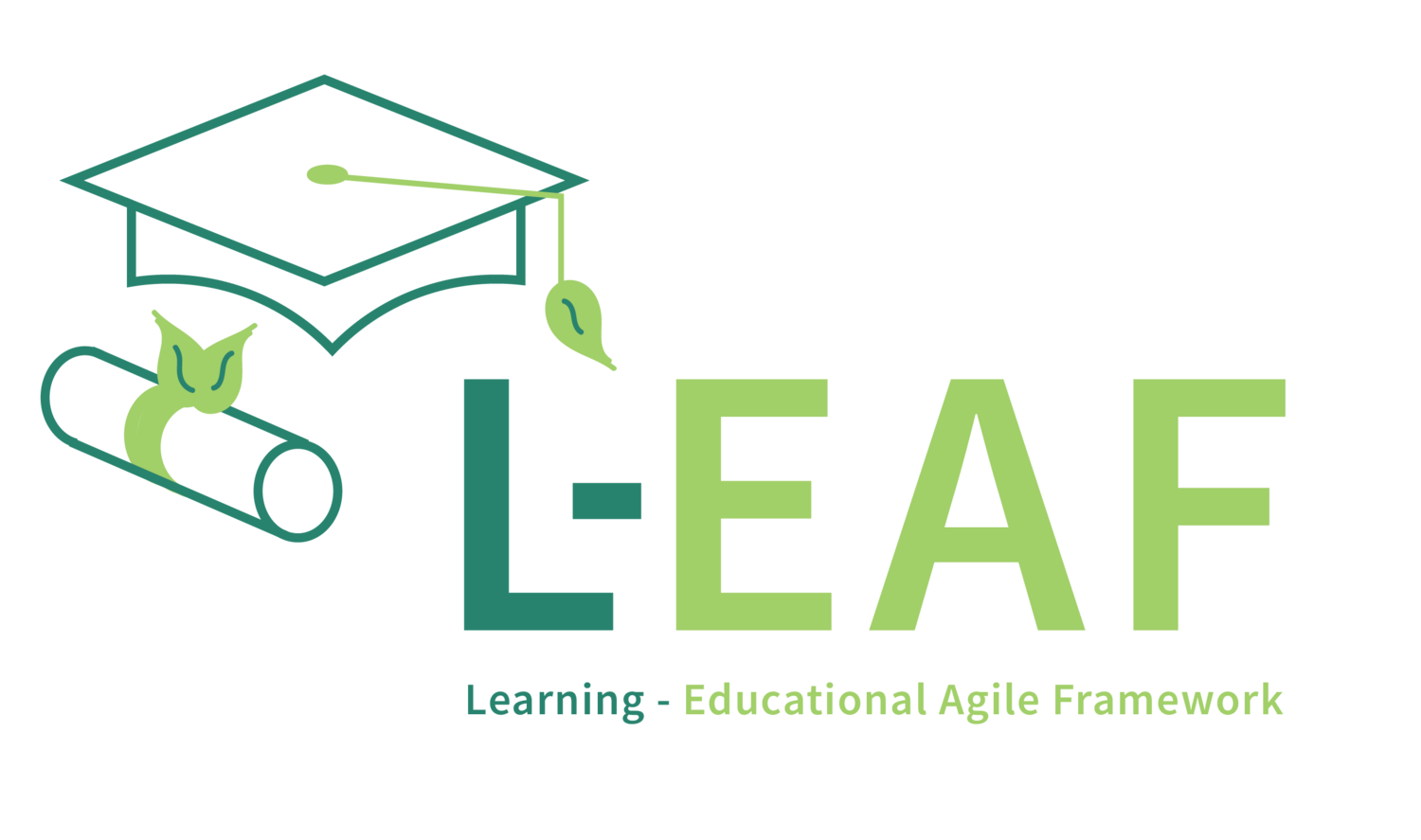
Agile Classroom Workshop
Our commitment to learning and education expands beyond that of our framework. We pride ourselves of being a community of people and organization who are all committed to the future generation of students.
Building A Student-Centered Education System
This workshop is intended for educators, current and future, who are looking for a way to improve the quality of the educational experience in their classrooms while increasing student agency, simplifying their approach to learning differentiation and uncovering a reusable approach to scaffold learning in complex and complicated situations - and it will help reduce feelings of stress and burnout.
This professional development workshop will provide educators with the hands-on experiences and professional coaching that will allow for the introducing of agile ways of learning in their classrooms. Starting with any past lesson plan that a participant brings, they will transform it into a Pull Based Learning Synthesis System that creates an engaging opportunity for students to learn.
Topics/Hand-on work
Pull Based Learning Systems:
What is the difference between Push and Pull based Learning? We will explore various agile pull based learning systems and experience what it is like, as a student, to use a Pull Bases Learning Synthesis System as you start to create one for your students using an existing lesson plan.
Organizing Effective Groups
Everyone has experienced working in ineffective groups. Using a process to help groups self-identify based on skills can be a way to avoid that. Don’t just get into group based on friendships. Help groups organize based on their skills. Too many people in a group with the same skill may not be best. Help groups work more effectively by balancing those skills across groups among the entire team.
Wide Open Questions
Wide Open Questions are not Google-able. They cannot be solved in just 3 minutes. They have no immediate answer. In fact, they could have multiple answers. That is the point. Their solution can depend on different perspectives and experiences. And that is the good part. They allow you to dig deeper into a problem to find multiple solutions that take into account all “end users”.
Reflection/Retrospectives
Reflection must be frequent. It must be continuous. You have to evaluate what worked. You have to evaluate what did not work. You have to try and determine why something worked or not. You have to evaluate which systems should be repeated. Evaluated which practices should be improved, even if they worked well. You also need to be brave enough to discontinue antiquated practices- even if that is the way things have always been done. The goal is to identify which methods created the most value and the least amount of waste.
Skills-Based Rubrics
(Particularly for classroom settings)
In what ways will you measure success? It cannot be just on how the number of resources you were able to find. It cannot be how many examples of an answer you find. It is more effective to evaluate how you can apply what you have found and learned. Can you argue persuasively how the content you found is the best solution for the problem. Can you debate the pros and cons of a possible solution? Can you work collaboratively with others? Can you reverse engineer a tool or platform to facilitate a solution? In short the goal is the demonstration of skills not the regurgitation of content.
Please complete the form to start your registration process
